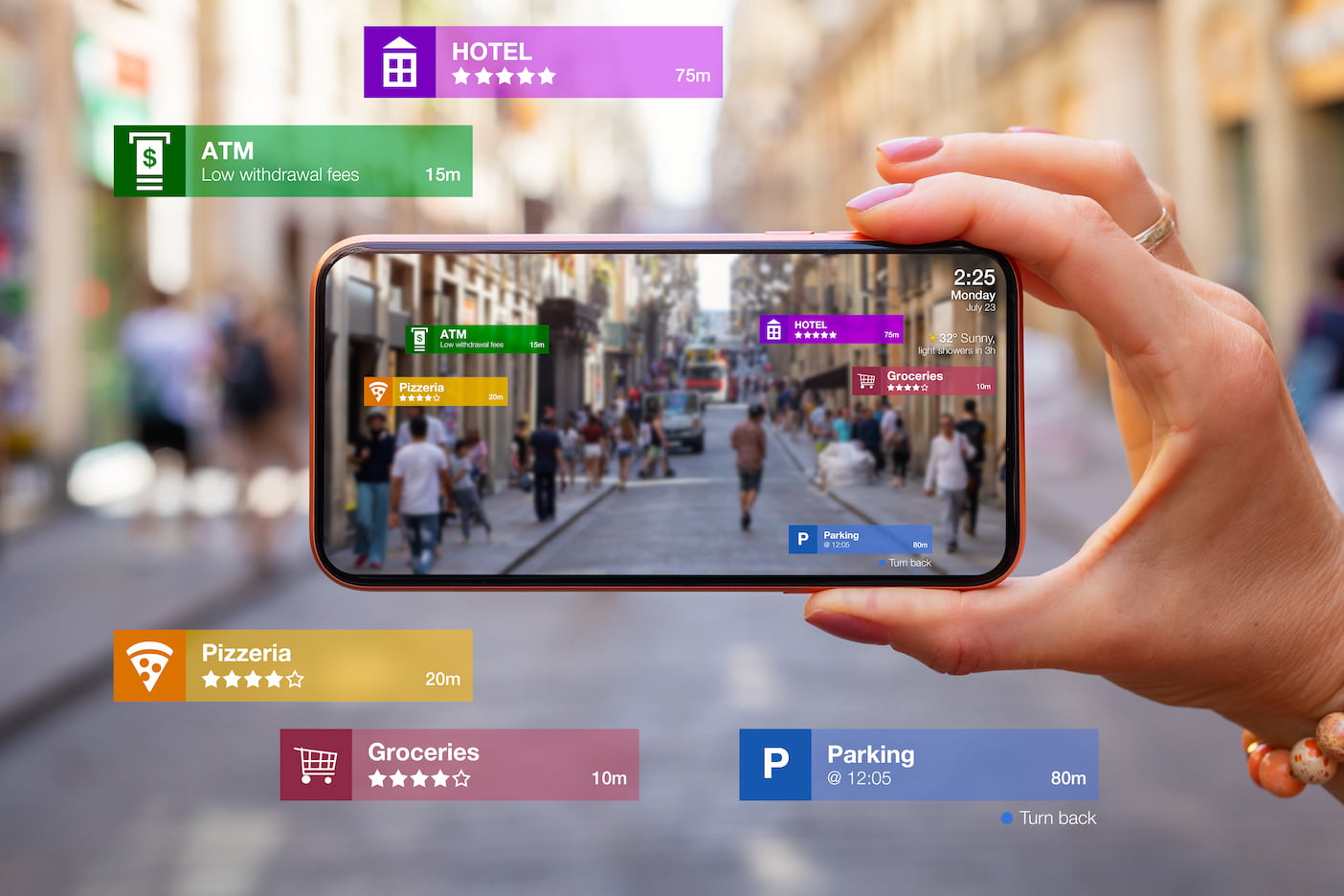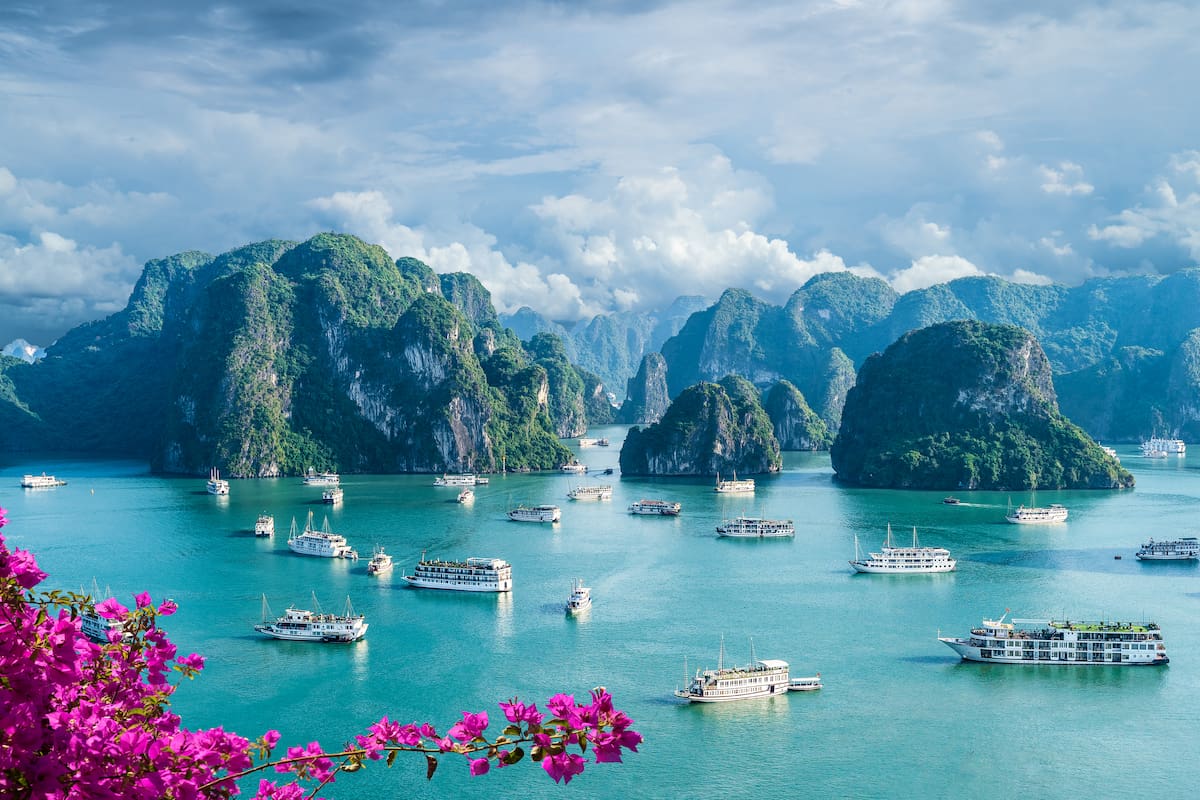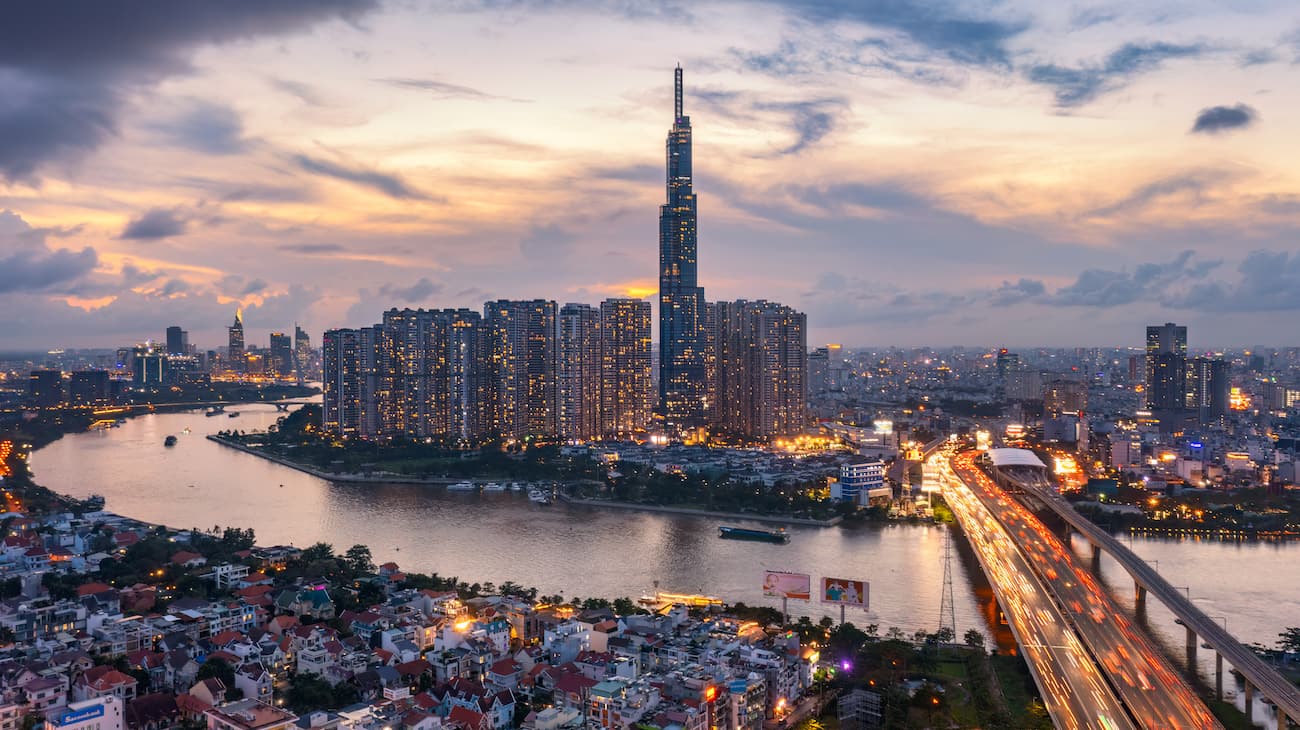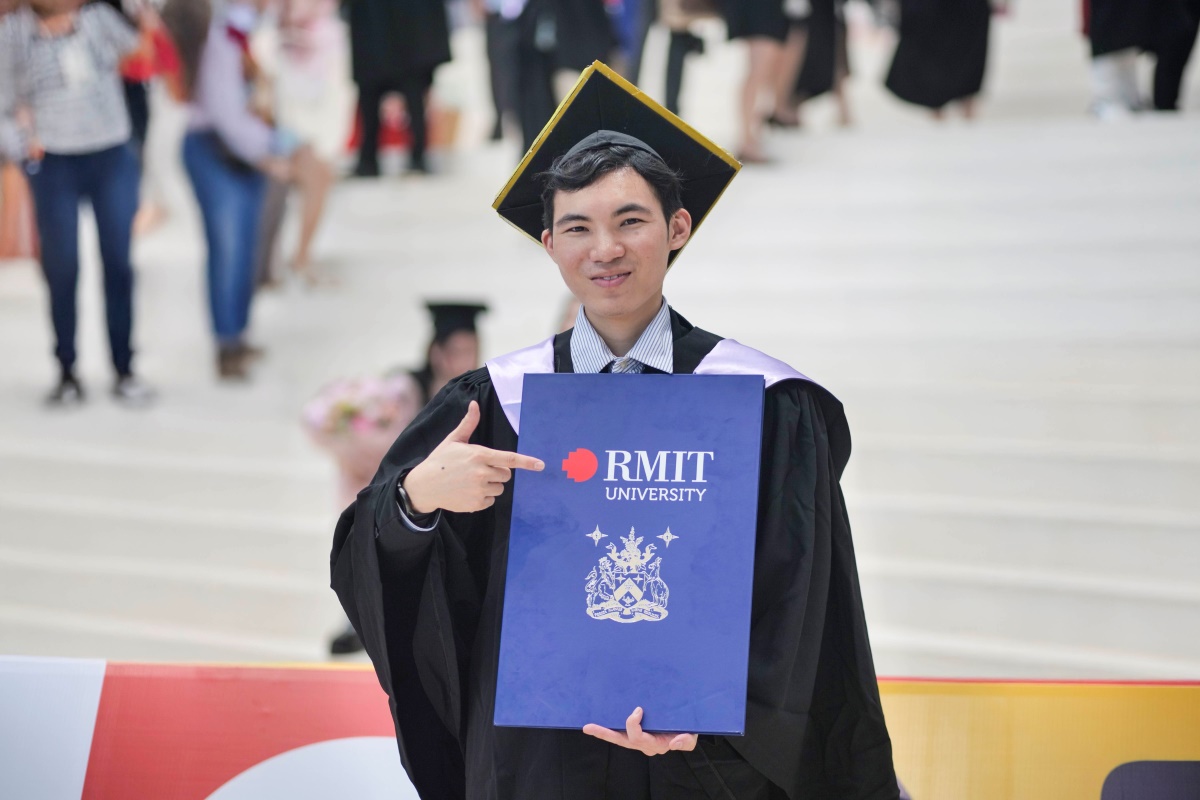From a life-changing scholarship to teaching English to rural children
Empowered by the RMIT Vietnam Opportunity Scholarship, Ha Viet Tinh has not only fulfilled his dream of attending university but also realised a promise he made to himself four years ago.
Why brands should board the space tourism hype
Dr Alrence Halibas, a Digital Marketing researcher from RMIT Vietnam, explains why brands should see space tourism not as sci-fi, but as a real marketing launchpad, especially for Vietnam’s Gen Z.
Rethinking the competitiveness of Vietnamese brands
To thrive in today’s global trade climate, Vietnamese brands must rethink what makes them competitive and adopt a resource-based approach.
Vietnam "caught in the middle" again
RMIT academics Dr Santiago Velasquez and Dr Dang Thao Quyen explain why the new tariffs announced by the US put Vietnamese businesses right in the crossfire of global geopolitical tensions.








